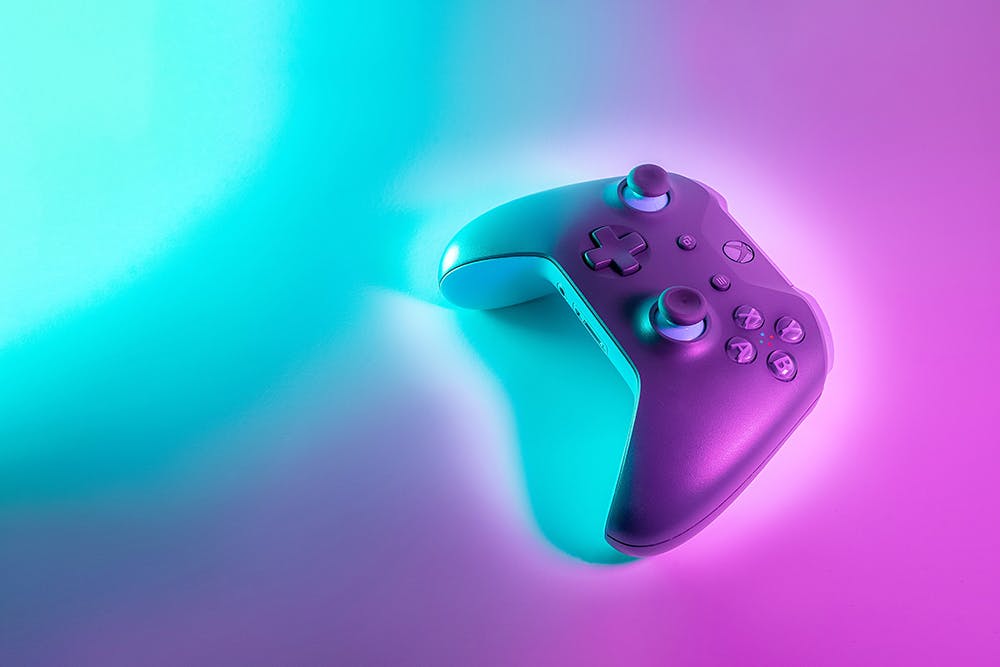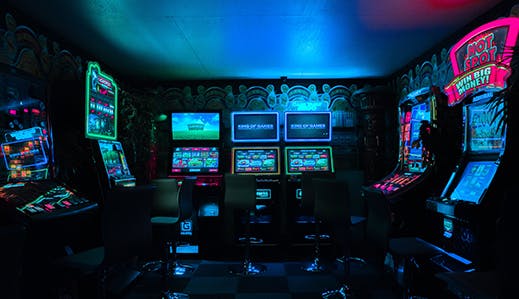I attended the Pocket Gamer Connects event at The Brewery in London last month. For many, it was the first event of the year, held so early in the year that most people’s gym membership cards hadn’t been dusted off. There were over 2,500 people from all over the world and I was pleased to see more than a few familiar faces. I met with a smorgasbord of leaders from the game development industry, publishers, investors, service providers, and platforms to discuss the latest trends, challenges, and developments in the mobile gaming world.
I attended several talks and panels over the two days that featured industry veterans and experts. They were eager to reflect on 2022 and share insights and thought leadership on what 2023 could hold for us all. All in all, there was a lot to take in, and I enjoyed the opportunity to share thoughts, gain valuable insights, and hear different perspectives on innovation in gaming. Conversations around growth, investment, esports, monetization, metaverse, data, and Web3 circled the rooms. I met some great people who are looking to invest in the sector in 2023, which is great news for me as an executive recruiter.
Some of the main challenges that were highlighted at PGC this year in the mobile games included:
- Monetization: finding effective ways to make money from mobile games, such as through in-app purchases or advertising.
- User acquisition: getting people to discover and download a mobile game can be difficult and expensive.
- Retention: keeping players engaged and coming back to a mobile game over time.
- Competition: standing out and attract a significant player base, despite the huge number of mobile games available.
- Platforms: developing a mobile game for multiple platforms (iOS and Android) can be time-consuming and costly.
- Privacy and data regulations: complying with laws and regulations related to data collection and use can be challenging.
- App Store Optimisation (ASO): making a game visible in app stores through keywords, screenshots, and other tactics is crucial.
My key takeaways from the discussions were that these challenges clearly exist and we’ll undoubtedly see more consolidation and, unfortunately, more layoffs too. Just this week, Electronic Arts announced that its shutting down two of its mobile titles. But it’s not all doom and gloom.
2022 was a year in which we saw record numbers in funding and new investment driven into the sector, with 2023 looking like another good year for start-ups and scale-ups. That investment is driving new technologies and developing new ideas across the industry, which is a reason to be cheerful. We’ll also see more companies pivot, needing to be more considered and agile, becoming more financially conscious, and hiring stronger executive talent to provide leadership and stability. Speaking with CEOs at the event, more than a few are set to scale aggressively through investment, creating more opportunities for all of us.
SRI Executive is an Executive Search and Consulting business, headquartered in the UK with offices in Europe, Asia Pac and The USA. We operate across the converging worlds of Entertainment, Gaming, Esports, Technology, Consumer and Sport. If you are looking at hiring Executive or Board level talent, or require advice with talent planning & strategy, leadership coaching or assessment, please feel free to get in contact to schedule a call.
For those of you who want to know more about each panel, here’s my detailed report:
The PGC featured a variety of panels over two days, focusing on topics such as the balance between monetization and player experience, and the importance of connecting and retaining players.
- The Big Indie Pitch was widely regarded as a high point by many, where hopeful game developers presented their creations to a panel of judges.
- The Esports Enthusiasts panel delved into the ever-evolving world of competitive gaming, an area that I’m particularly passionate about, having worked with many of the world’s leading esports teams and orgs. The esports panel covered the dynamic world of esports, this time on mobile and PC/console, including the role of culture in esports and how it’s changing the face of gaming through content creation and brand partnerships.
- The Indie panel highlighted the contributions of smaller studios in the gaming industry and discussed the opportunities in the MENA region, Saudi Arabia, and India, as well as the opportunity and challenges for studio expansion and hiring talent in the region.
Across various panels, topics included monetization, audience engagement, and big-screen gaming. Speakers provided valuable insights on finding the balance between what’s good for developers and what’s best for players and discussed ways to communicate, keep, and attract audiences. The importance of investment and funding for studios and businesses in the industry was also discussed in “Show Me the Money.”
The panels dedicated to blockchain, metaverse, and Web3 were very topical, relevant to current industry conversations, and innovative. These included “Blockchain Boost,” which explored the potential uses of blockchain in gaming, “NFT Knowhow,” which delved into the world of non-fungible tokens, “Mapping the Metaverse,” which provided insights into the design and technology behind the concept of the metaverse, and “Metaverse Magic,” which explored the potential future of the metaverse. I’m closely watching this area and discussing it with people across the industry as it gains more ground and attracts more investment.”
Thanks to Pocket Gamer Connects for hosting a great event, and to all those who took the time out to speak to me.




